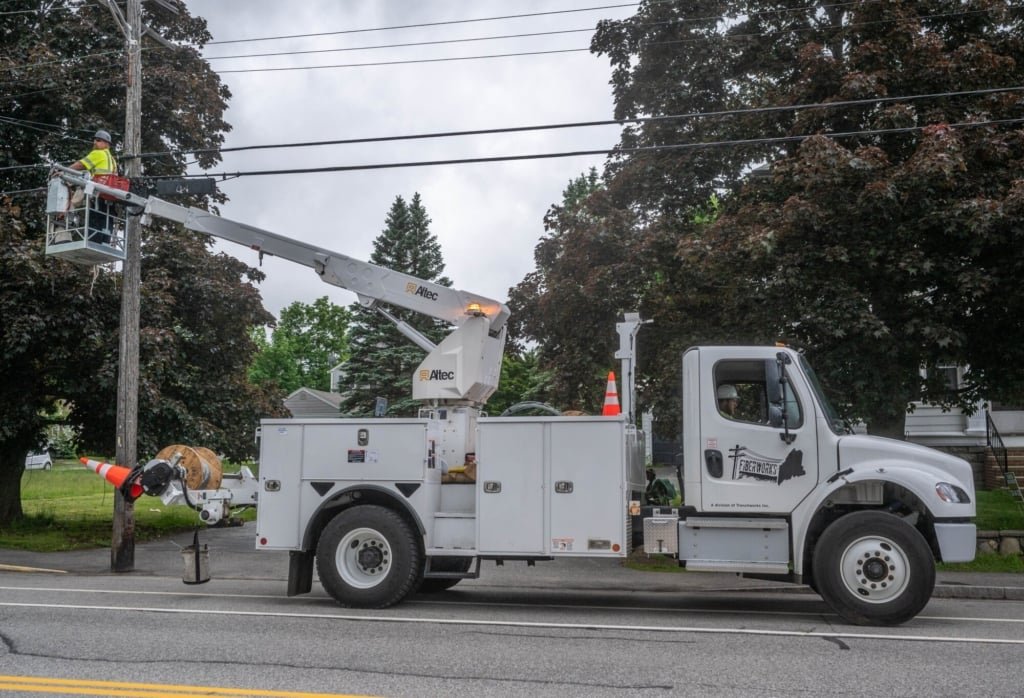The Hidden Costs of Internet Hardware: Energy Consumption Analysis
The internet has become an indispensable part of our daily lives, connecting us to information, entertainment and each other. However, the convenience and connectivity it offers comes at an often-overlooked cost: the power consumption of your internet hardware. The infrastructure that powers the World Wide Web is a significant and underestimated consumer of energy, with far-reaching implications for our environment and energy resources.
To understand the scale of the problem, it is essential to consider the vast network of devices and infrastructure that make up the Internet. This includes not only the billions of personal devices such as smartphones, laptops and tablets, but also the data centres, servers and networking equipment that store and transmit the massive amounts of data that flow through the internet every day. All of these components require energy to function, and as our dependence on the internet increases, so does the demand for electricity to power this digital ecosystem.
Data centers, in particular, are a major contributor to the energy consumption of the Internet. These facilities house the servers and other data-storing and processing equipment that power the Internet and require a significant amount of electricity to operate. In addition to the energy needed to power the servers themselves, data centers also require cooling systems to prevent overheating, which can consume even more energy than the servers. According to a study by the US Department of Energy, data centers accounted for approximately 2% of total electricity consumption in the country in 2014 and this figure is set to grow as demand for data storage and processing continues to increase. increase.
The energy consumption of personal devices is another significant factor in the overall energy consumption of the Internet. As the number of internet-connected devices continues to grow, so does the amount of electricity needed to power them. In 2015, the International Energy Agency estimated that the world’s grid devices consumed about 616 terawatt hours of electricity, or about 3% of the global total. This figure is expected to increase as more devices come online and as existing devices become more energy intensive.
The environmental impact of this energy consumption is cause for concern. Most of the world’s electricity is still generated from fossil fuels, which means that internet energy use contributes to greenhouse gas emissions and climate change. In addition, the growing demand for electricity to power the Internet can strain energy resources and contribute to higher energy prices for consumers.
There are, however, steps that can be taken to mitigate Internet energy consumption. One approach is to improve the energy efficiency of data centers and networking equipment. Companies like Google and Facebook have made significant investments in designing and building more energy-efficient data centers, and advances in technology have resulted in more efficient servers and networking equipment. Additionally, adopting renewable energy sources to power data centers and other Internet infrastructure can help reduce the environmental impact of Internet energy consumption.
Another strategy is to encourage more energy-efficient devices and practices among consumers. This may include promoting the use of energy-saving settings on devices, as well as encouraging the development and adoption of more energy-efficient hardware and software.
In conclusion, the energy consumption of Internet hardware is a significant and often overlooked problem with far-reaching implications for our environment and energy resources. By recognizing the scale of the problem and taking steps to improve the energy efficiency of Internet infrastructure and devices, we can help reduce the environmental impact of our increasingly connected world.
#Internet #Hardware #Underrated #Energy #Consumer #EnergyPortal.eu




